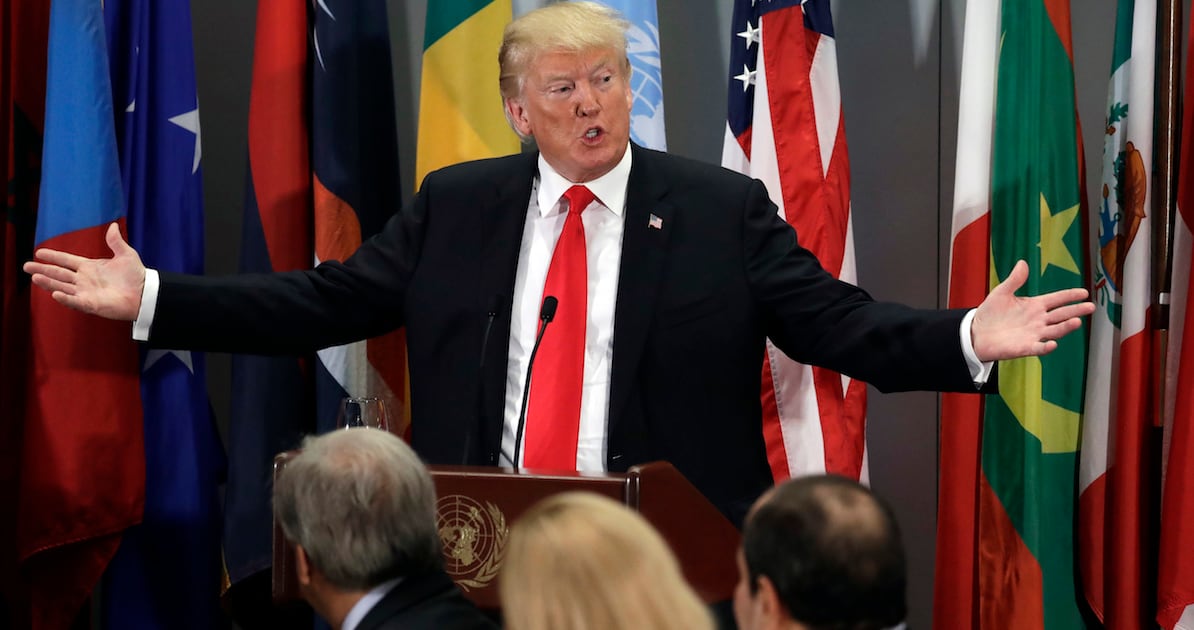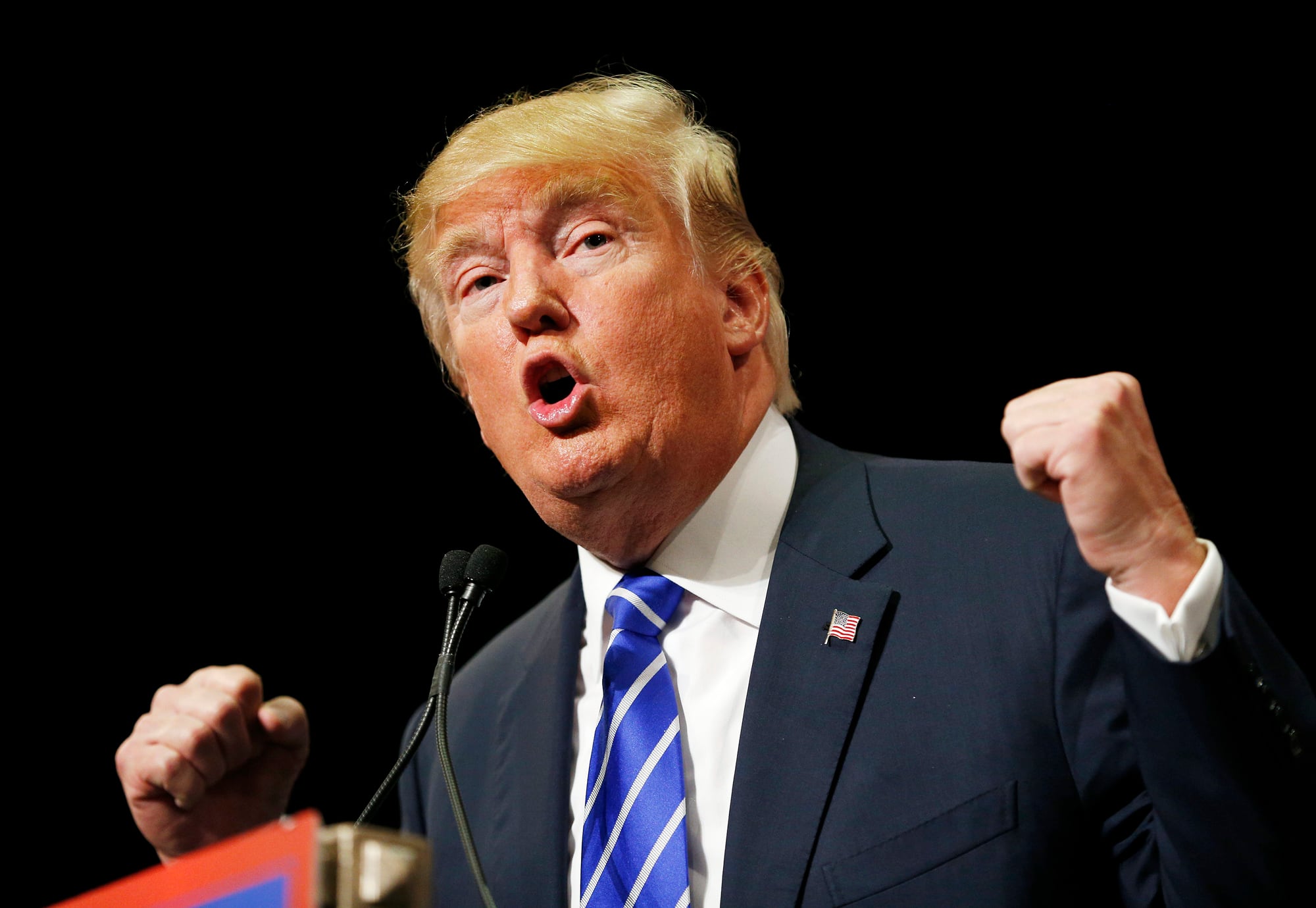U.S. military officials are closely watching the ongoing crisis in Venezuela that has pushed millions of citizens to flee the nation.
Since Venezuelan President Nicolas Maduro took power, the nation’s economy, which is closely tied to oil prices, has experienced rocketing levels of poverty and inflation. And Maduro has since consolidated power, shifting the country into what many experts are calling a dictatorship.
Beginning last year, President Donald Trump reportedly began asking for military options, and top officials met with Venezuelan dissidents and floated the idea of a U.S.-backed coup of Maduro with Latin American leaders.
RELATED

Those leaders and U.S. national security officials roundly rejected the idea, instead pushing for a coalition solution to the country’s dire financial and humanitarian crisis.
Recent reports show that some U.S. policy influencers may be shifting toward a potential “military option,” though many remain skeptical, with some saying that the threat of U.S. intervention only strengthens Maduro’s position.
Outgoing U.S. Southern Command head, Navy Adm. Kurt Tidd, met with reporters this week at the Pentagon to discuss issues concerning the region.
RELATED

When asked directly if he had formulated military options on Venezuela to either Trump or the Department of Defense, he declined to comment and encouraged a joint reaction to the nation’s crisis and the flow of refugees across the region.
“The solution right now has to be a diplomatic solution led by and embraced by the regional partners,” Tidd said.
And it’s not the first time he’s been asked that question.
“My Twitter feed is made up of about 50 percent of people accusing me of planning and plotting the invasion of Venezuela, and the other 50 percent imploring me to plan and plot the invasion of Venezuela,” Tidd said.
RELATED

He characterized the ongoing strife in Venezuela, which has sent an estimated 2.3 million citizens to countries throughout Latin America, the United States and Spain, as “heartbreaking” and a “disastrous situation.”
That figure amounts to about 7 percent of Venezuela’s population. A comparable figure for the United States would be nearly 22 million, or more than all the people living in Florida.
Tidd also pointed out that the current hyperinflation and overwhelming poverty and corruption that Venezuelans are experiencing are a “direct result of the Maduro regime mismanaging an economy, destroying an infrastructure, driving its most productive and entrepreneurial members out of the country.”
“It is a problem that has seized the concerns of the serious countries of the region, and they are focused on it. But nobody has the solution at this point,” Tidd said.
The role the United States can play, he said, is in assisting Venezuela’s neighboring countries with the humanitarian crisis of refugees pouring across their borders. So far, that has included nearly $100 million in aid, he said.
“The most prudent thing we can do is stay closely aligned with the neighboring countries, partner nations, talk to them and understand very clearly their thoughts,” Tidd said.
Todd South has written about crime, courts, government and the military for multiple publications since 2004 and was named a 2014 Pulitzer finalist for a co-written project on witness intimidation. Todd is a Marine veteran of the Iraq War.




